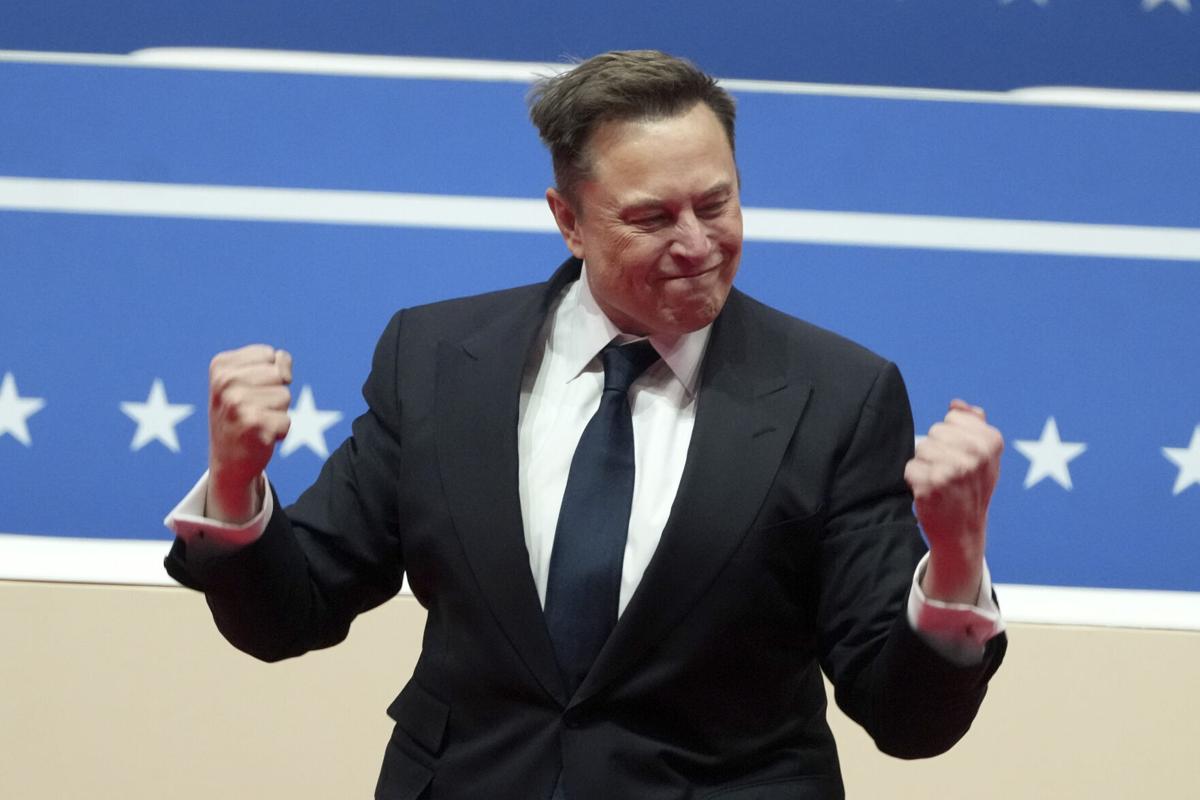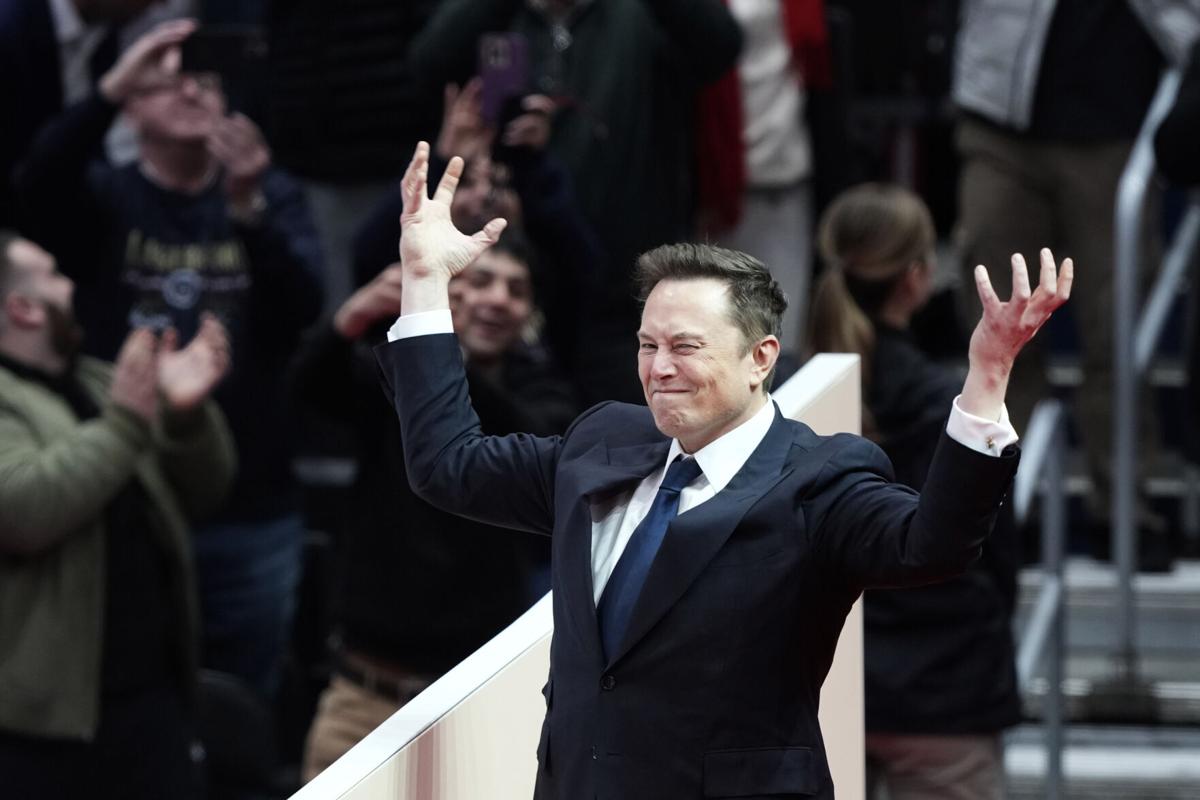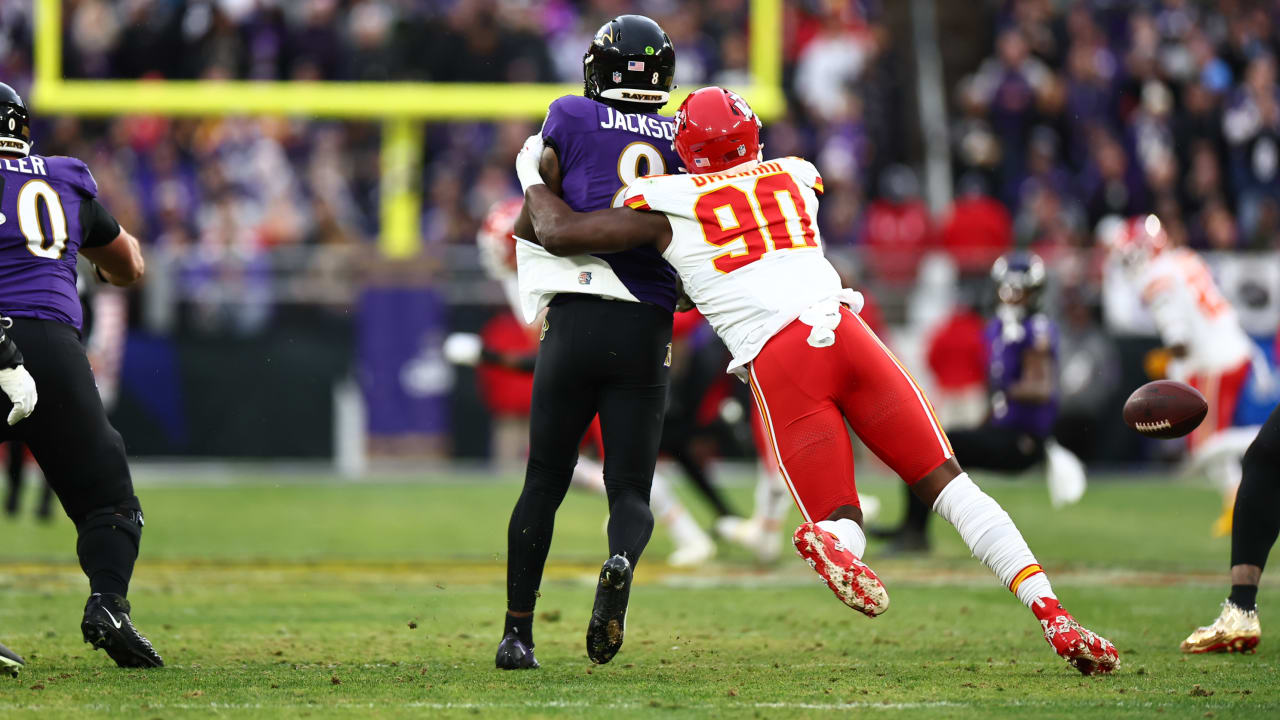BREAKING NEWS: Elon Musk Officially Banned from All Upcoming Games After Baltimore Ravens Announcement for This Reason
In a shocking turn of events, tech mogul Elon Musk has been officially banned from attending all upcoming games, including those involving the Baltimore Ravens, following a highly controversial announcement by the team.
This unexpected decision has sent shockwaves through the sports and tech communities alike, raising questions about the reasons behind such a drastic move and the broader implications it could have on Musk’s public image and future interactions with professional sports.

Elon Musk, the billionaire founder of Tesla, SpaceX, and owner of Twitter, has long been a high-profile figure in the public eye, known for his innovations and outspokenness on social media.
However, his recent involvement in a dispute related to his comments and actions surrounding the Ravens organization has resulted in a serious fallout. The team’s decision to ban Musk from attending any future games has sparked debate about the intersection of business, social media influence, and the world of professional sports.
The Controversy That Sparked the Ban
The controversy that led to Elon Musk’s ban from attending games began after a series of tweets and public statements Musk made regarding the Baltimore Ravens. According to sources close to the team, Musk made comments about the Ravens’ management, player contracts, and their stance on certain social issues that caused significant tension.
Musk, known for his candid and sometimes controversial opinions, expressed criticism of how the team was handling its player negotiations and team-building strategies, citing what he described as a lack of innovation and forward-thinking.
One of Musk’s most provocative comments was a tweet about the Ravens’ approach to diversity and inclusion initiatives. He claimed that the team was not doing enough to support underrepresented communities and that their decision-making was not progressive enough in today’s world of modern sports.
This comment was perceived by many, including members of the Ravens organization, as not only critical but disrespectful.
The Ravens, who have long prided themselves on their inclusive approach and efforts to support their players both on and off the field, were quick to respond. A spokesperson for the team issued a statement condemning Musk’s remarks, calling them “unfounded and damaging to the integrity of the Ravens organization.”
The statement further emphasized that Musk’s comments were divisive and failed to recognize the efforts the team had made to foster an inclusive, forward-thinking environment.

The Baltimore Ravens’ Official Announcement
In an official statement released by the Baltimore Ravens, the organization announced that they would no longer permit Elon Musk to attend any future games, either in-person or as part of any VIP or media-related activities.
The team cited Musk’s public comments as the reason for the ban, stating that his remarks were not aligned with the Ravens’ values and principles.
“We believe in a respectful and supportive environment for all individuals, and Mr. Musk’s recent comments have shown a disregard for the hard work and dedication of our staff, players, and community partners,” the Ravens spokesperson said.
“As a result, the Baltimore Ravens have decided to suspend any future access for Elon Musk to attend games or participate in Ravens-related activities. We remain committed to building a team and culture that supports all of our stakeholders and values the importance of integrity.”
The announcement from the Ravens immediately garnered attention from sports fans, media outlets, and business leaders. While some supported the team’s decision to take a stand against Musk’s criticism, others questioned whether the move was an overreaction or an attempt to silence a high-profile figure.
The Fallout for Elon Musk
Elon Musk’s ban from the Baltimore Ravens games has raised significant questions about his relationship with professional sports and the power of social media influence.
Musk, who has millions of followers on Twitter and is known for his high-profile public persona, has faced increasing scrutiny over his outspoken views and the way he uses social media to voice his opinions.
While Musk has not publicly responded to the Ravens’ decision, his critics have used the situation to further question his approach to public relations and business dealings.

Critics argue that Musk’s tendency to publicly criticize others, especially those in established institutions like sports teams, can backfire, particularly when it comes to professional organizations that value reputation and community relations.
Some fans have expressed disappointment in Musk’s behavior, suggesting that his involvement in professional sports should be more constructive and less divisive.
“It’s sad to see someone with such influence using their platform to attack organizations that are doing great work,” one fan wrote on social media. “Sports should unite us, not tear us apart.”
The Bigger Picture: The Role of Social Media in Sports
The incident with Elon Musk and the Baltimore Ravens brings into sharp focus the growing role of social media in shaping relationships between public figures, businesses, and organizations.
Musk’s comments about the team and its management serve as a reminder of the power that celebrities, influencers, and business leaders hold when they speak publicly on platforms like Twitter.
In the case of the Ravens, the decision to ban Musk from attending future games is a clear indication that sports organizations are increasingly aware of the potential fallout from high-profile criticisms.
Teams and athletes, many of whom have their own social media platforms, are now under greater pressure to manage their public image and maintain positive relationships with fans and sponsors.
As professional sports leagues continue to evolve, they may implement stricter guidelines for how external parties engage with teams and players, particularly when those individuals hold significant influence.
Musk’s case could be a turning point in how media and business leaders interact with sports teams, and it may lead to more robust policies on what constitutes acceptable commentary and behavior from non-affiliated public figures.
Moving Forward: What This Means for Elon Musk
While Elon Musk’s influence remains immense, his recent ban from the Baltimore Ravens may signify a shift in how his public remarks are received.
This incident could lead to more careful consideration of his interactions with organizations that operate in highly visible, media-driven sectors like professional sports.
It remains to be seen how Musk will respond to the Ravens’ decision and whether this event will prompt him to reevaluate how he engages with high-profile businesses and institutions moving forward.
His next steps could serve as a pivotal moment in understanding the intersection of celebrity, business, and social media influence in the modern age.
Conclusion
Elon Musk’s ban from the Baltimore Ravens games after his controversial comments has sparked widespread discussion about the power of social media, the responsibility of public figures, and the role of professional sports in shaping public discourse.
While Musk’s remarks have ignited significant debate, they also serve as a reminder of the growing influence that social media has on business and professional relationships.
Whether this ban will have lasting effects on Musk’s career or if it will change the way sports organizations engage with high-profile figures remains to be seen.
However, the incident has undeniably marked a critical moment in the relationship between sports and social media, one that will likely have ripple effects across industries for years to come.
